Sale!
Description
The “Electricity Usage 2019 Chart” provides a concise visual representation of the consumption of electricity during the year 2019. It presents data on the amount of electricity consumed over time, potentially broken down by different sectors such as residential, commercial, and industrial. This chart offers insights into patterns, trends, and fluctuations in electricity usage throughout the year, aiding in understanding energy consumption patterns and informing decisions related to energy management and policy.
Purposes :
The purposes of an electricity usage chart for the year 2019 include:
- Monitoring Trends: The chart helps in monitoring trends in electricity consumption throughout the year, allowing for the identification of peak periods, seasonal variations, and overall usage patterns.
- Resource Management: It assists in resource management by providing insights into the demand for electricity, enabling utilities and policymakers to plan for adequate supply and infrastructure development.
- Energy Conservation: The chart can be used to promote energy conservation initiatives by raising awareness of electricity consumption levels and encouraging individuals and businesses to adopt more efficient practices.
- Policy Development: Policymakers can utilize the chart to inform the development of energy policies and regulations aimed at promoting sustainable energy practices, reducing carbon emissions, and enhancing energy security.
- Budget Planning: Businesses and organizations can use the chart for budget planning purposes, estimating electricity expenses, and optimizing energy usage to minimize costs.
- Performance Evaluation: Utilities and energy providers can assess their performance based on electricity usage data, identifying areas for improvement in service delivery, infrastructure maintenance, and customer engagement.
- Forecasting Demand: The chart aids in forecasting electricity demand for future years, supporting long-term planning and investment decisions related to energy generation, transmission, and distribution.
- Environmental Impact Assessment: It facilitates the assessment of the environmental impact of electricity consumption, helping stakeholders understand the carbon footprint associated with energy usage and guiding efforts to reduce environmental harm.
- Consumer Education: The chart serves as an educational tool for consumers, providing them with insights into their electricity consumption patterns and encouraging behavior changes to reduce waste and promote sustainability.
- Benchmarking: Businesses and industries can use the chart for benchmarking purposes, comparing their electricity usage against industry averages or best practices to identify opportunities for efficiency gains and cost savings.
Uses :
Here are some common uses of an electricity usage chart for the year 2019:
- Energy Consumption Analysis: The chart allows stakeholders to analyze and understand patterns of electricity consumption throughout the year, including seasonal variations, peak demand periods, and overall trends.
- Resource Planning: Utilities and energy providers use the chart to plan for future electricity generation, transmission, and distribution needs based on observed consumption patterns and anticipated changes in demand.
- Infrastructure Development: The data from the chart helps inform decisions regarding the expansion or upgrade of electrical infrastructure, such as power plants, substations, and distribution networks, to meet growing demand.
- Policy Formulation: Policymakers and regulators use the chart to develop energy policies and regulations aimed at promoting energy efficiency, reducing greenhouse gas emissions, and ensuring a reliable and sustainable electricity supply.
- Budget Allocation: Businesses, governments, and organizations use the chart to allocate budgets for electricity-related expenses, including operational costs, maintenance, and investments in energy-saving technologies.
- Environmental Impact Assessment: The chart assists in assessing the environmental impact of electricity consumption, helping stakeholders understand the carbon footprint associated with energy usage and identify opportunities for reducing emissions.
- Demand Forecasting: Energy planners and analysts use the chart to forecast future electricity demand, enabling proactive measures to manage supply-demand imbalances, prevent blackouts, and optimize resource utilization.
- Consumer Awareness: Sharing the chart with consumers helps raise awareness about their electricity consumption habits, empowering them to make informed decisions about energy usage, conservation measures, and efficiency improvements.
- Performance Evaluation: Utilities and energy providers use the chart to evaluate their performance in meeting electricity demand, assessing reliability, affordability, and customer satisfaction levels.
- Benchmarking and Comparison: Businesses and industries use the chart for benchmarking purposes, comparing their electricity usage against industry averages or competitors to identify opportunities for cost savings and efficiency improvements.
Only logged in customers who have purchased this product may leave a review.
Related products
-
- Sale!
Clustre Dendogram
-
$ 15Original price was: $ 15.$ 10Current price is: $ 10. - Add to cart
-
- Sale!
Circle Packing
-
$ 15Original price was: $ 15.$ 10Current price is: $ 10. - Add to cart
-
- Sale!
Cascaded Tree Map
-
$ 15Original price was: $ 15.$ 10Current price is: $ 10. - Add to cart

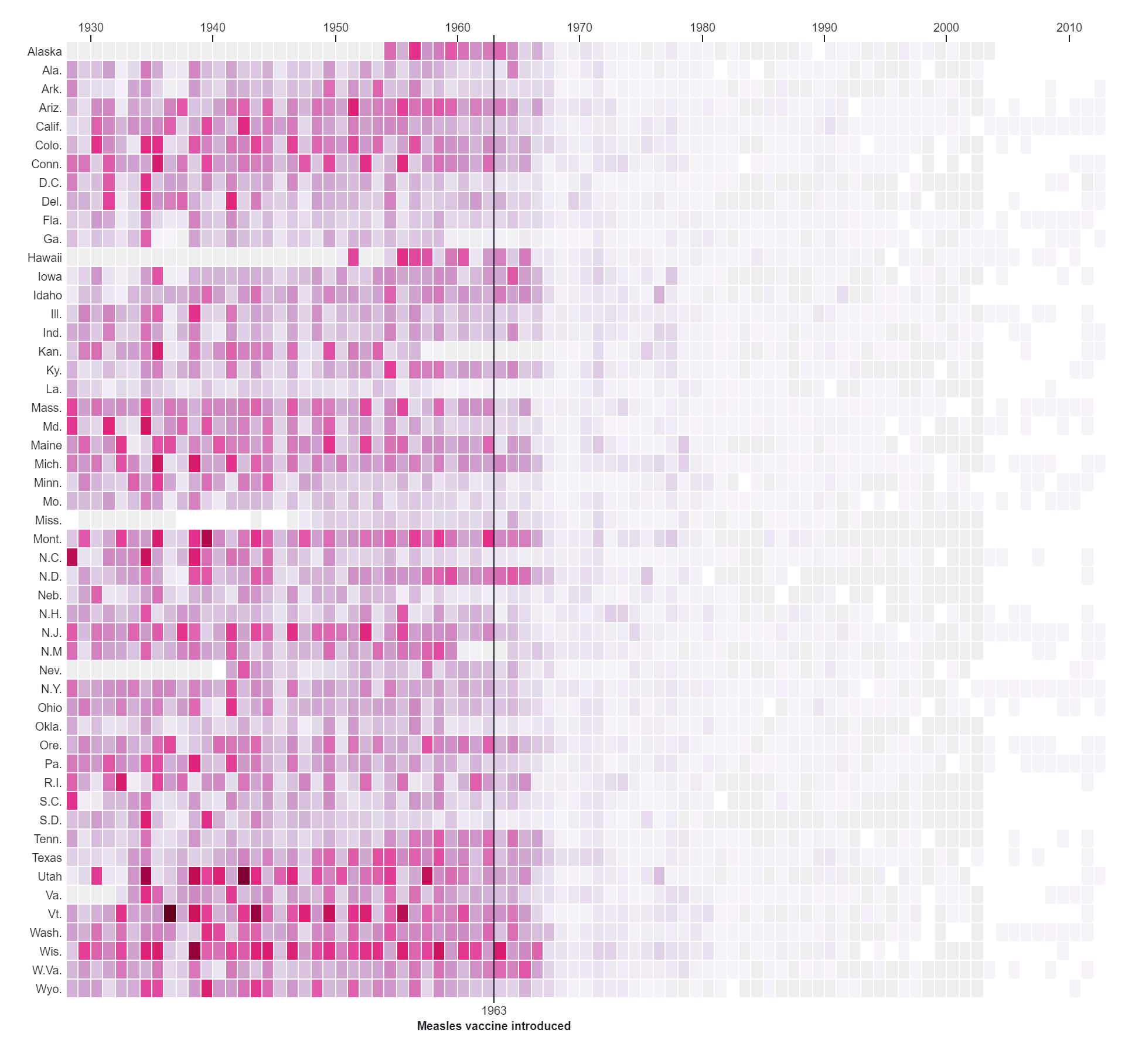
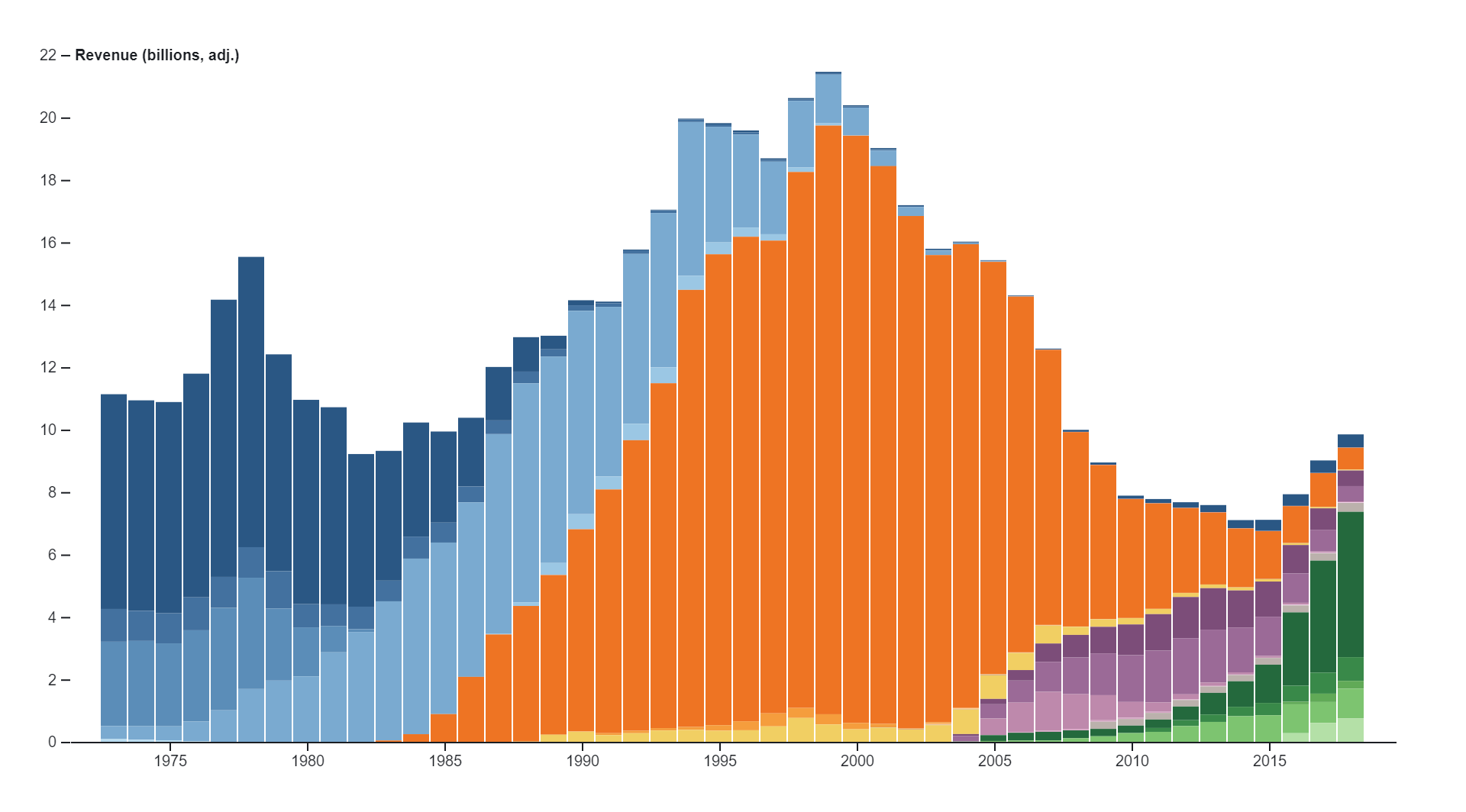

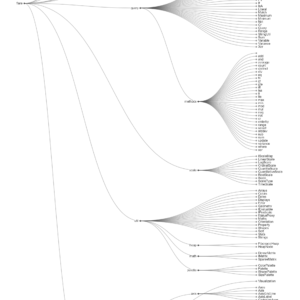
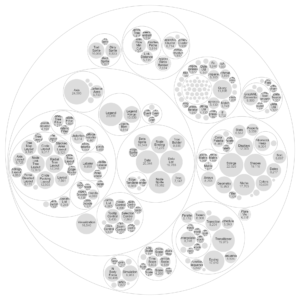
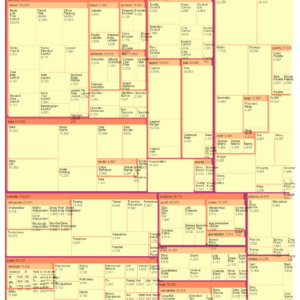
Reviews
There are no reviews yet.